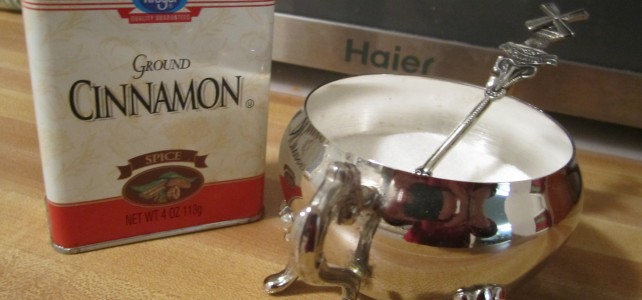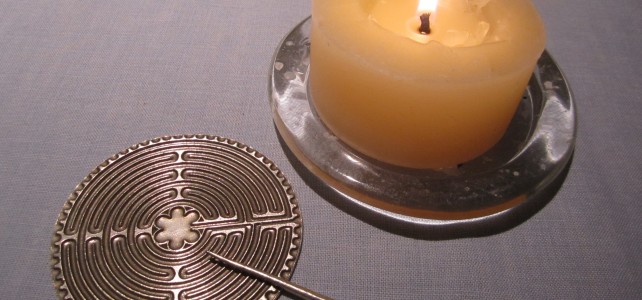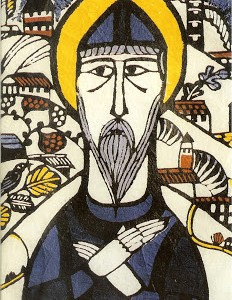 Once I took a creative writing class at the local university branch. “You have to show up,” the instructor said. “No matter how much or how little you write, everyday, you have to put your behind in the chair and be there. You might write a sentence. You might write a paragraph, or on a good day, you might write pages. But, you’ll never write anything if you don’t show up!”
Once I took a creative writing class at the local university branch. “You have to show up,” the instructor said. “No matter how much or how little you write, everyday, you have to put your behind in the chair and be there. You might write a sentence. You might write a paragraph, or on a good day, you might write pages. But, you’ll never write anything if you don’t show up!”
Something similar can be said for prayer and today was a reminder of that. I didn’t show up. Not right away, I told myself. I woke up and sat in bed with my ipad, checking emails, then Facebook, looking for news of the ENDA vote to come later. I posted a few articles about the upcoming vote and its importance. Would get to prayer in just a few more minutes. I should post a couple of short blogs. I had been away for so long during the pre and post knee surgery, that I should post a couple.
But something was wrong! I couldn’t access my blog site either as editor or reader. Had my domain name registration lapsed? Did I need to do something. I’d get to prayer, but first I needed to call my web designer and email the domain holder. This could be a disaster. Then I called the blog hosting company. Ah, the problem was with their server. I should try again. I did. It worked! Hurray. I posted a blog or two.
Then I had some cinnamon sugar toast because I was hungry and the morning was cold enough that tea and toast sounded just right. A friend was coming over for lunch, and even though I know she doesn’t care what my house looks like and even though my daughter swept and mopped the kitchen floor last night, I wanted to clean up the bathroom and through the tablecloth in the washer and dryer. I saw the candle and labyrinth as I walked by to the carry the laundry downstairs. “In a minute.”
Then, of course, I had to clean myself up. I would get to quiet prayer after that. A shower takes a little longer now with my knee not quite as limber as before surgery. And then I checked on the ENDA vote again. Then I noticed the kitchen sink and dishes that my daughter had washed the night before waiting to be put away. I had the candle out. I’d be there in just a few minutes, after I tackled the dishes.
Then there were calls. And then I began writing some notes for an article I wanted to write. Then my friend came. And you know how this ends. Not well.
“You gotta show up!”








 Originally published in The Catholic Times, Oct. 13, 2009
Originally published in The Catholic Times, Oct. 13, 2009



 “Mom, you have to go,” my daughter encouraged me over the phone after I told her about it. So, I pulled myself up, talked to the hotel concierge who checked to see if a table would be available, found a cab, and made the short trip across town. How glad I am!
“Mom, you have to go,” my daughter encouraged me over the phone after I told her about it. So, I pulled myself up, talked to the hotel concierge who checked to see if a table would be available, found a cab, and made the short trip across town. How glad I am!
 We wandered through more of te restaurant taking thin stained glass and sculpture. Oscar showe us one of his favorites, an Elizabeth Catlette print of Harriet Tubman.
We wandered through more of te restaurant taking thin stained glass and sculpture. Oscar showe us one of his favorites, an Elizabeth Catlette print of Harriet Tubman.



